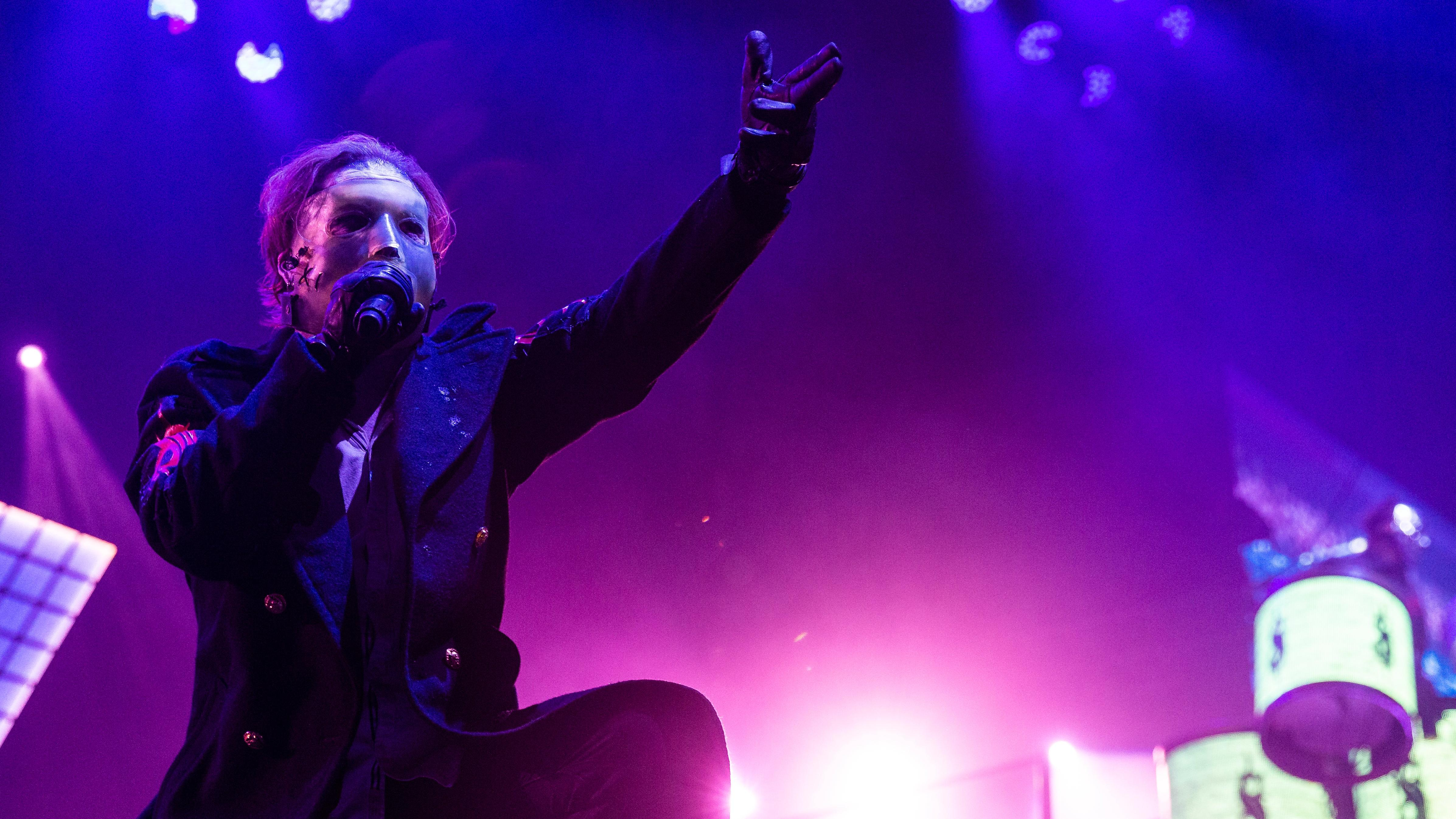How Slipknot Vs. Burger King Changed Fast Food Marketing Forever
A lot about the fast food world can change in just 17 years.
There's nothing more fascinating to me than recent history, because in the time we're living in, looking back just, say, 17 years can be a huge indicator of how quickly the culture has shifted. For example, in 2005 the metal band Slipknot was influential enough to inspire a Burger King ad, which led to a lawsuit, which led to a counter lawsuit, all over some chicken fries. It's a move that probably should have been avoided in the first place yet might have also laid the groundwork for the onslaught of fast food partnerships with musicians and other cultural figures that exists today.
What happened between Burger King and Slipknot?
Burger King got creative to promote Chicken Fries when they came out in 2005. Commercials featured a band with the surprisingly NSFW name Coq Roq. Art director Tom Zukoski worked on the project and provides details about the integrated campaign on his website:
We worked with BK to create a new product called BK Chicken Fries: a rebellious new way to eat chicken. What's more rebellious than Rock And Roll? We created a concept around a band called Coq Roq, that signed with Burger King instead of a major record label. We then recorded a 4 song LP, recorded 2 videos, and we were all set to take the band on a National tour. But the lead singer was Canadian, and due to a criminal record was unable to leave the country. Ah, well. That's pretty rock and roll.
This was when the internet had still not yet reached peak ubiquity, so for a brand to put money into building out a webpage for a fake band meant they thought they really had something good on their hands. A SoundCloud page for those four songs still exists, but all other remnants of Coq Roq are now lost to history.
What really got the company into trouble was the look of the band members. Each performer wore a different style of chicken mask, and some of those styles looked very similar to Slipknot band members' distinct aesthetic, so the latter group filed a lawsuit, Far Out Magazine reports. The lawsuit claimed that Burger King was unlawfully using Slipknot's trademarked likeness to sell Chicken Fries. Burger King hit back with its own lawsuit, claiming that Slipknot's masks were basically a rip-off of groups like Mushroomhead, Mudvayne, and Gwar. Burger King, it turns out, is super tapped into the world of heavy metal music.
Eventually the two sides came to a stalemate, and both dropped their respective suits. In the year that followed, Slipknot won their first Grammy and Chicken Fries went on to be one of Burger King's most successful menu items. Whether or not the latter was because Burger King capitalized on Slipknot's popularity at the time is hard to say, but it would be more than 15 years before the company would again try to latch onto a celebrity's rising star to sell fast food.
How the relationship between fast food brands and celebrities has changed
Burger King has tried a few different tactics in the years since the Slipknot kerfuffle, stumbling once again with a 2018 Chicken Fries campaign aimed to comment on the so-called Pink Tax—Bustle reported that ads showed a pink box of "Chick Fries" were being sold at a marked-up price. (Tip for all brands: Don't try to be weird and performative, just let those Chicken Fries sell themselves!) But BK ad campaigns had been strangely absent of any sort of celebrity until September 2021 when they followed McDonald's lead with a menu of celebrity-inspired meals.
There are plenty of top-level reasons a collaborative menu with three well-known cultural figures would be more successful than trying to appeal to a niche fan base with a look-alike, sound-alike commercial. But in comparing the two campaigns, we can also learn a lot about how celebrity culture has evolved.
Even if Burger King had been able to get Slipknot to endorse Chicken Fries in 2005, what would that have looked like? A couple commercials, maybe a cut-out of the band in franchise locations, definitely a few angry mobs of mothers. But that would be a lot of money to put toward a band and a brand-new product without knowing how far the reach would actually be—especially without social media to help extend that reach online.
In 2021, when the "Keep It Real" meals debuted at Burger King, the brand could count on not only any internal advertising, but the social media followings of the celebrities—Nelly, Anitta, and Lil Huddy. Already there's a built-in audience of millions who don't have to watch a single TV commercial or even drive past a Burger King to be reached. The fast food chain didn't even have to come up with a new product to sell; each of the celebrity meals consisted of items that have long been on the Burger King menu. In the present-day age of advertising, star power is valued as much as, or more than, innovation.
Slipknot is still touring, and in a time when nostalgia is at its peak marketability, maybe it's time for Burger King to try cashing in on the metal band again, this time with Slipknot's approval. This time around they can draw up airtight contracts to keep from another back-and-forth lawsuit over the band's image. I, for one, would love to hear what Corey Taylor's go-to meal is and hear an original Slipknot song inspired by the Whopper—it's got to be better than anything Coq Roq had to offer.
